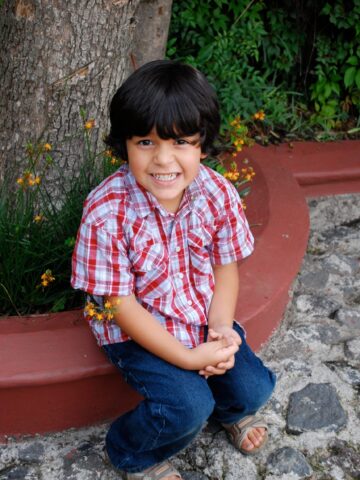Raising a child diagnosed with attention deficit hyperactivity disorder (ADHD) can put even the most patient of parents to the test. However, therapy and other techniques can help children with ADHD have the best opportunity to behave better, function better every day, do well in school and grow up to be happy and successful.
“The goal is to help these young people to become productive, happy members of our society,” says Dr. Geeta Grover, a CHOC pediatric developmental and behavioral specialist. Dr. Grover specializes in evaluating and managing children with ADHD, learning disabilities, educational concerns and autism-spectrum disorders.
Treatment options can be broken down into four general categories, according to Dr. Grover:
Educational support
Dr. Grover suggests families work with their child’s teachers and use a daily home school report card to keep the child on track. Parents also should ask about classroom accommodations and whether they are needed to help the child be successful in the classroom, she advises.
“Parents have to know what their educational rights are and help to advocate for their child,” says Dr. Grover. “Parents should learn the laws that help them access services from schools and school districts.”
Behavior, psychosocial support
Individual therapy, parenting classes and social skills classes can help families address functional impairments in the ADHD child and help parents learn ways to cope. Social skills classes can help the child develop better social cueing so he can behave more appropriately and relate better to peers, Dr. Grover says.
The child’s pediatrician or family doctor can diagnose and help with treatment and, if necessary, refer the child to a specialist like a psychologist, developmental-behavioral pediatrician or a psychiatrist.
Medication
Medication, when appropriate, is available to reduce symptoms and offer clear, short-term benefits, Dr. Grover says.
Demystification of ADHD
The child and the entire family should learn as much as they can about ADHD. Parents need to understand how to work with their child and how to provide the structure and support the child needs.
Dr. Grover emphasizes that parents should provide strong structure, clear rules and expectations, and positive reinforcement for children with ADHD.
“Discipline a behavior, not the child,” she says. “Be clear about expectations and consequences, but always provide unconditional love and support.”





